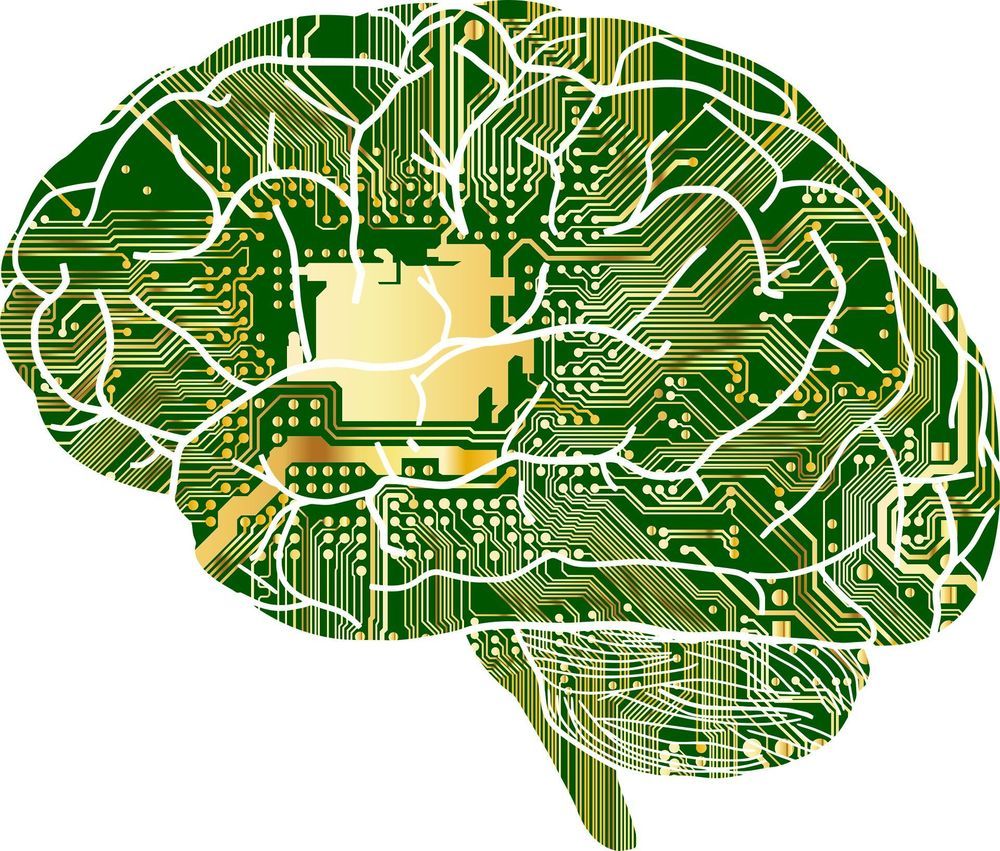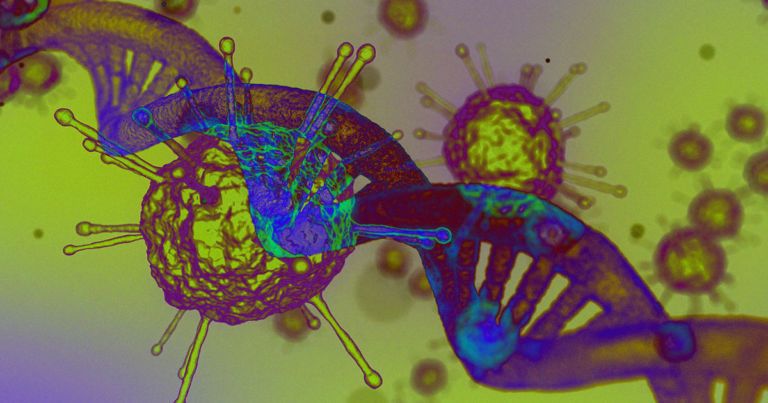Apr 27, 2020
Microsoft boasts 99 percent accuracy in AI bug detection
Posted by Saúl Morales Rodriguéz in categories: biotech/medical, cybercrime/malcode, robotics/AI
Software bugs have been a concern for programmers for nearly 75 years since the day programmer Grace Murray Hopper reported the cause of an error in an early Harvard Mark II computer: a moth stuck between relay contacts. Thus the term “bug” was born.
Bugs range from slight computer hiccups to catastrophes. In the Eighties, at least five patients died after a Therac-25 radiation therapy device malfunctioned due to an error by an inexperienced programmer. In 1962, NASA mission control destroyed the Mariner I space probe as it diverted from its intended path over the Atlantic Ocean; incorrectly transcribed handwritten code was blamed. In 1982, a software bug later alleged to have been implanted into the Soviet trans-Siberian gas pipeline by the CIA triggered one of the largest non–nuclear explosions in history.
According to data management firm Coralogix, programmers produce 70 bugs per 1,000 lines of code, with each bug solution demanding 30 times more hours than it took to write the code in the first place. The firm estimates the United States spends $113 billion a year identifying and remediating bugs.

















